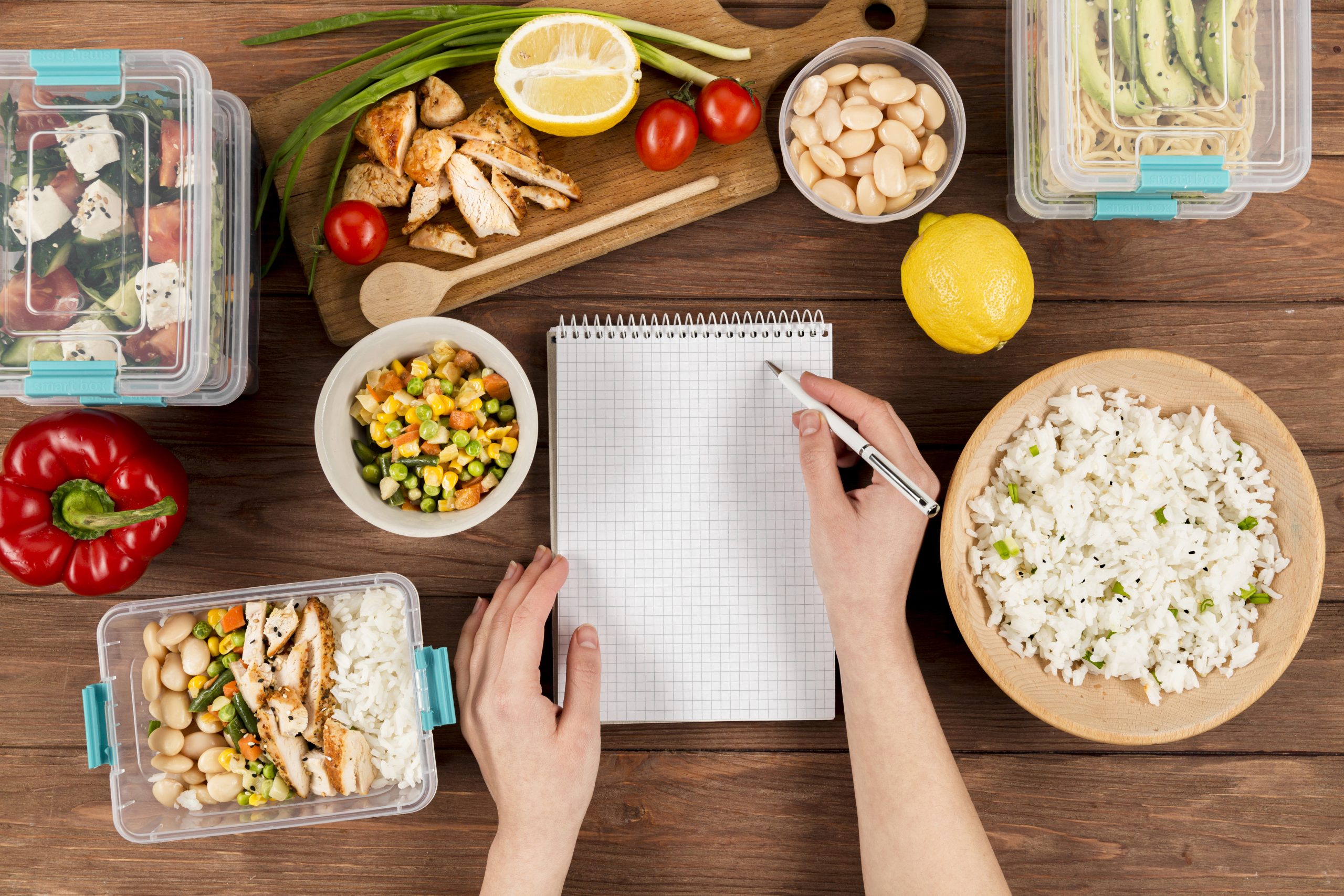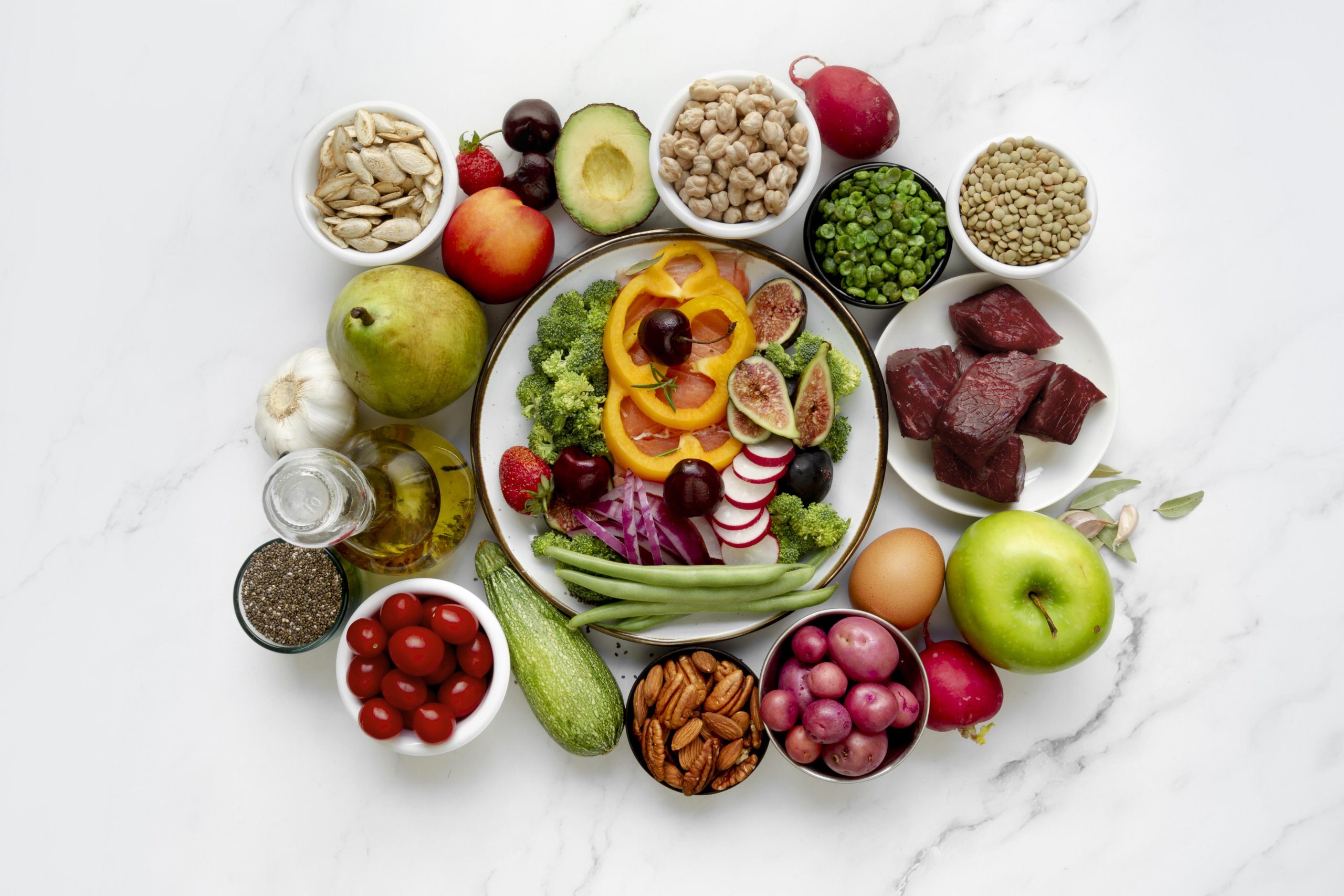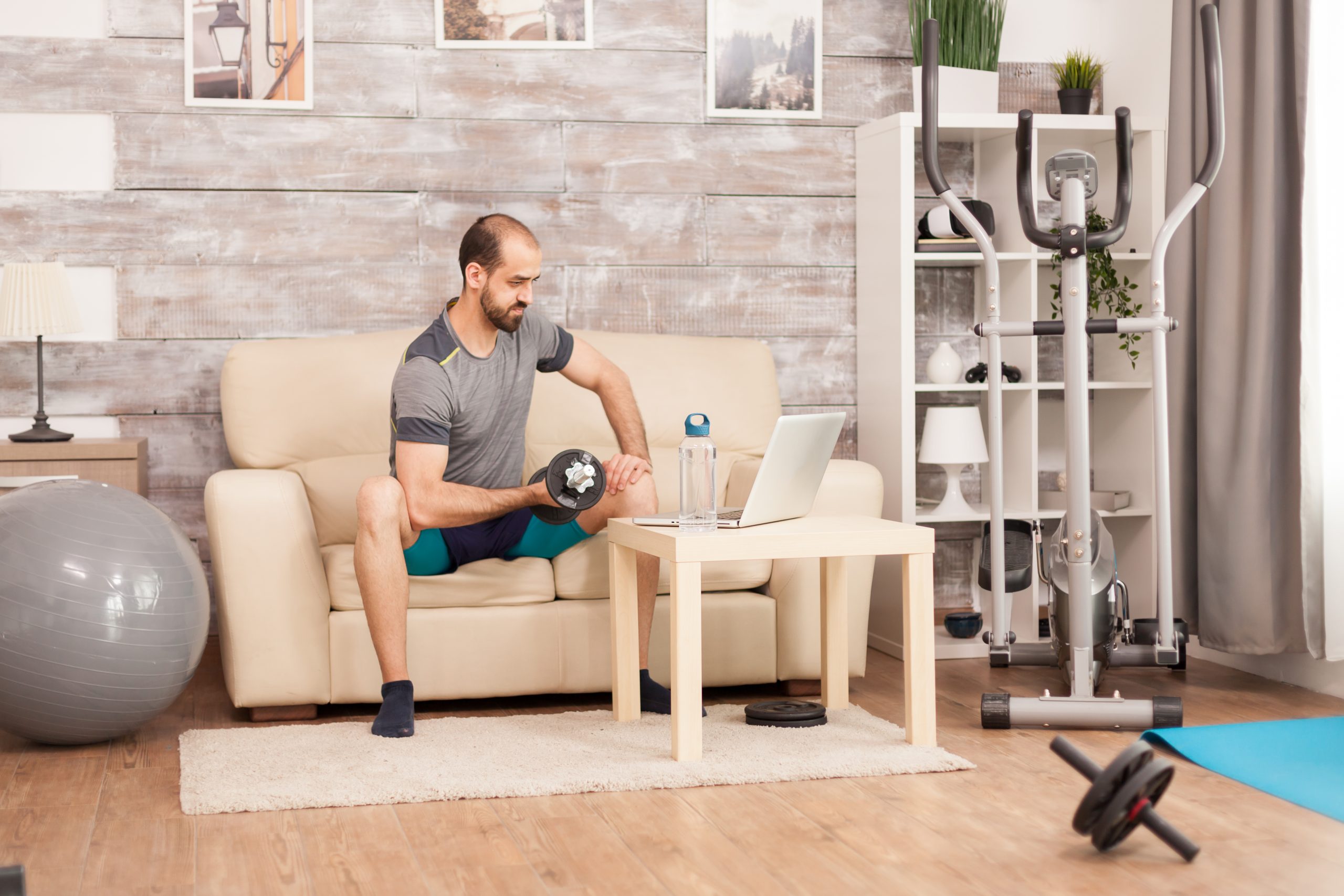Staying healthy while managing a busy schedule can feel overwhelming. Between work, errands, and personal commitments, it’s easy to skip meals, grab fast food, or rely on unhealthy snacks. That’s where meal prepping comes in. By planning and preparing meals in advance, you can save time, reduce stress, and make nutritious eating effortless. In this guide, we’ll explore healthy meal prep ideas, tips, and strategies for busy people who want to eat well without spending hours in the kitchen.
Why Meal Prep is Important
- Saves Time: Preparing meals in advance means less cooking every day.
- Reduces Stress: You don’t have to worry about what to eat or scramble for unhealthy options.
- Promotes Healthy Eating: Prepping nutritious meals helps avoid processed foods and fast food.
- Controls Portions: Portioning meals ahead of time helps with calorie control and balanced nutrition.
- Saves Money: Cooking in bulk reduces the cost of daily takeout and unnecessary snacks.
Meal Prep Tips for Busy People
1. Plan Your Week in Advance
Take some time each week to plan your meals. Choose recipes that are simple, versatile, and store well. Make a shopping list to ensure you have all ingredients ready.
2. Cook in Batches
Prepare large quantities of staples like rice, quinoa, roasted vegetables, grilled chicken, or beans. These can be mixed and matched for multiple meals throughout the week.
3. Use Storage Containers
Invest in airtight containers in various sizes. Clear containers make it easy to see what’s inside, and stackable containers save fridge space.
4. Keep Ingredients Versatile
Choose ingredients that can be used in multiple recipes. For example, roasted chicken can be used in salads, wraps, stir-fries, and grain bowls.
5. Prep Ingredients, Not Just Meals
If cooking full meals in advance isn’t feasible, prep ingredients instead. Chop vegetables, cook grains, and marinate proteins so assembly is quick during the week.
6. Label Your Meals
Label containers with the meal type and date. This helps you rotate meals efficiently and reduces food waste.
Healthy Meal Prep Ideas
1. Breakfast Meal Prep
Start your day with a nutritious breakfast that’s quick to grab or heat.
- Overnight Oats: Mix oats, milk or yogurt, chia seeds, and fruit in jars. Refrigerate overnight for a ready-to-eat breakfast.
- Egg Muffins: Whisk eggs, vegetables, and cheese, pour into muffin tins, bake, and store in the fridge or freezer.
- Smoothie Packs: Pre-portion fruits, spinach, and seeds into freezer bags. Blend with liquid in the morning.
- Greek Yogurt Parfaits: Layer yogurt, granola, and berries in jars for an easy, protein-packed breakfast.
2. Lunch Meal Prep
Keep your midday meals balanced and filling with a combination of protein, grains, and vegetables.
- Grain Bowls: Combine cooked quinoa, brown rice, or farro with roasted vegetables, beans, and a protein source like chicken, tofu, or fish.
- Salad Jars: Layer ingredients with dressing at the bottom and greens at the top to keep them fresh. Shake before eating.
- Wraps and Sandwiches: Prepare wraps with lean proteins, hummus, and veggies. Store in airtight containers or wrap individually.
- Mason Jar Soups: Make hearty soups or stews in jars and heat when needed.
3. Dinner Meal Prep
Dinners can be prepped in advance or partially prepped to reduce cooking time on busy nights.
- Sheet Pan Meals: Roast a combination of protein (chicken, salmon, tofu) and vegetables together. Portion into containers for easy dinners.
- Stir-Fries: Pre-chop vegetables and marinate protein. When ready to cook, toss everything in a skillet with sauce for a quick meal.
- Casseroles: Make lasagna, baked pasta, or vegetable casseroles ahead of time. Store in the fridge or freezer.
- Slow Cooker Meals: Prepare ingredients in the morning and let the slow cooker do the work. Dinners are ready when you come home.
4. Snack Prep
Healthy snacks help avoid vending machine temptations.
- Vegetable Sticks and Hummus: Slice carrots, cucumbers, and bell peppers. Portion hummus in small containers.
- Trail Mix: Combine nuts, seeds, and dried fruit. Portion into small bags for easy grab-and-go snacks.
- Fruit Packs: Pre-cut fruits like melon, pineapple, or berries and store in containers for quick access.
- Energy Bites: Blend oats, nut butter, honey, and seeds. Roll into balls and refrigerate.
Time-Saving Meal Prep Hacks
1. Use Pre-Cut or Frozen Vegetables
They save chopping time and last longer in the freezer while retaining nutrients.
2. Cook Once, Use Twice
Roast chicken for dinner, then use leftovers in salads or wraps for lunch the next day.
3. Invest in Kitchen Tools
Pressure cookers, air fryers, and food processors reduce cooking time and simplify prep.
4. Batch Cook Staples
Cook large portions of rice, quinoa, or beans at the start of the week. Store in containers for easy meal assembly.
5. Freeze Meals
Prepare extra portions of soups, stews, or casseroles and freeze them. This ensures you have healthy meals ready when time is tight.
Tips for Storing Meal Prep Safely
- Use airtight containers to prevent spoilage.
- Refrigerate meals within two hours of cooking.
- Consume refrigerated meals within 3–5 days.
- Freeze meals for longer storage, up to 2–3 months for most dishes.
- Label containers with the date and contents for easy rotation.
Conclusion
Healthy meal prep is the key to maintaining a nutritious diet while managing a busy lifestyle. By planning your meals, cooking in batches, and keeping ingredients versatile, you can save time, reduce stress, and stay on track with your health goals. From breakfast to dinner and snacks in between, meal prep ensures you always have delicious and wholesome options ready. Start small, experiment with recipes, and gradually make meal prepping a part of your routine for a healthier, more organized life.
FAQs About Healthy Meal Prep
1. How long does meal prep take?
Meal prep can take 1–2 hours depending on the number of meals and complexity. With practice, it becomes faster and more efficient.
2. Can I freeze all meal prep foods?
Most proteins, grains, and cooked vegetables freeze well, but some salads, fruits, and dairy-based dishes may lose texture.
3. How do I keep meals fresh for the week?
Store in airtight containers in the fridge, separate dressings, and consider freezing meals for later use.
4. Can I meal prep for weight loss?
Yes, meal prep helps with portion control, balanced nutrition, and avoiding unhealthy snacks, all of which support weight loss goals.
5. How do I make meal prep exciting?
Try different cuisines, rotate proteins, use various vegetables, and experiment with spices and sauces to keep meals interesting.




Very helpful tips for health, thanks
Thanks for the information